American food is renowned worldwide as being bigger and bolder than anywhere else, but sadly, this has led to a lot of it being prohibited outside of the US. Additives and food dyes are less regulated in the US, creating these 19 American foods that are not allowed in other countries.
Wheat thins
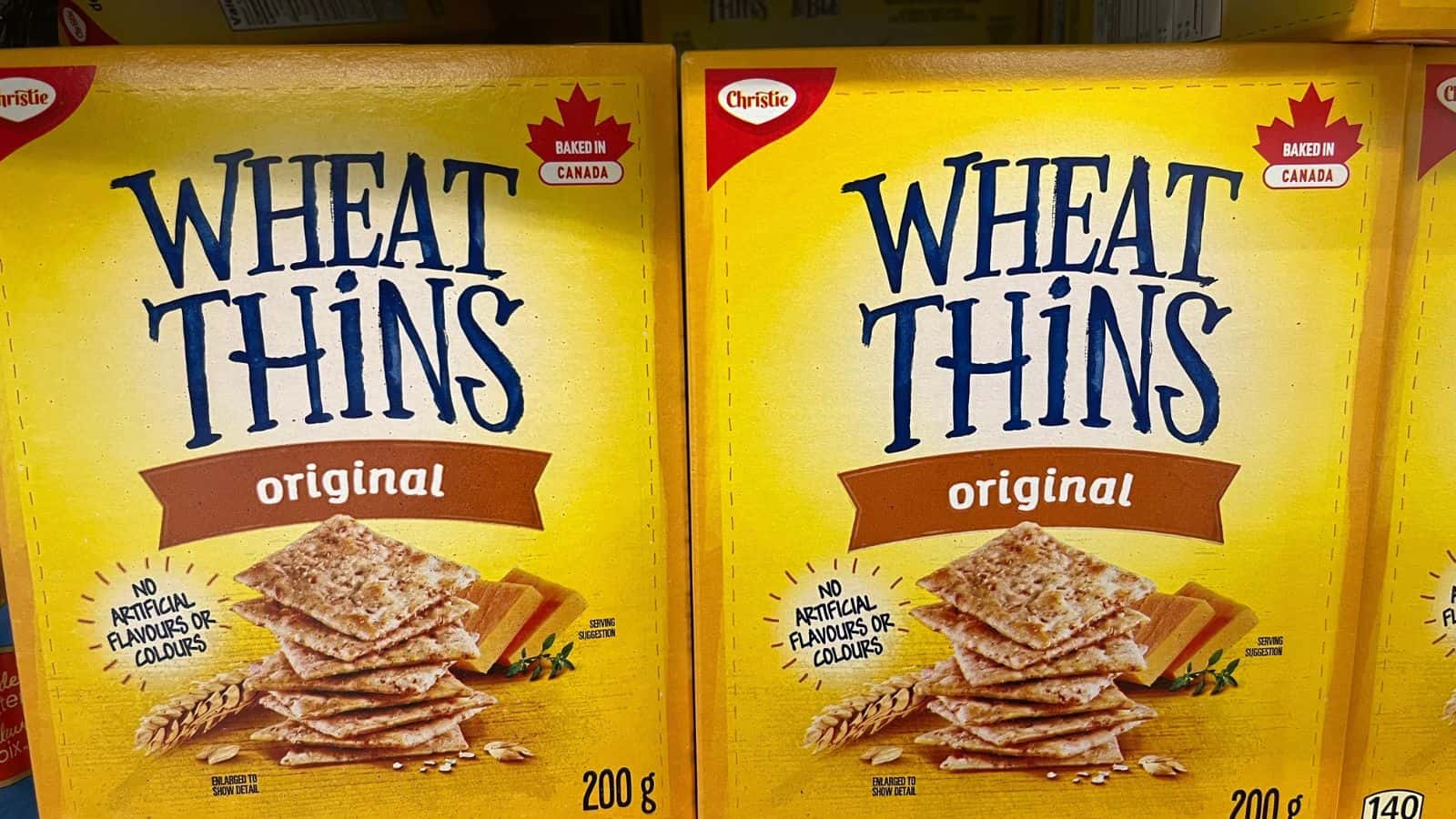
One of the bestselling crackers in the US, Wheat Thins will not be found in most of Europe. They contain the controversial chemical BHT, which many countries have banned from their food products due to evidence identifying it as a potential carcinogen.
Little Debbie Swiss Rolls
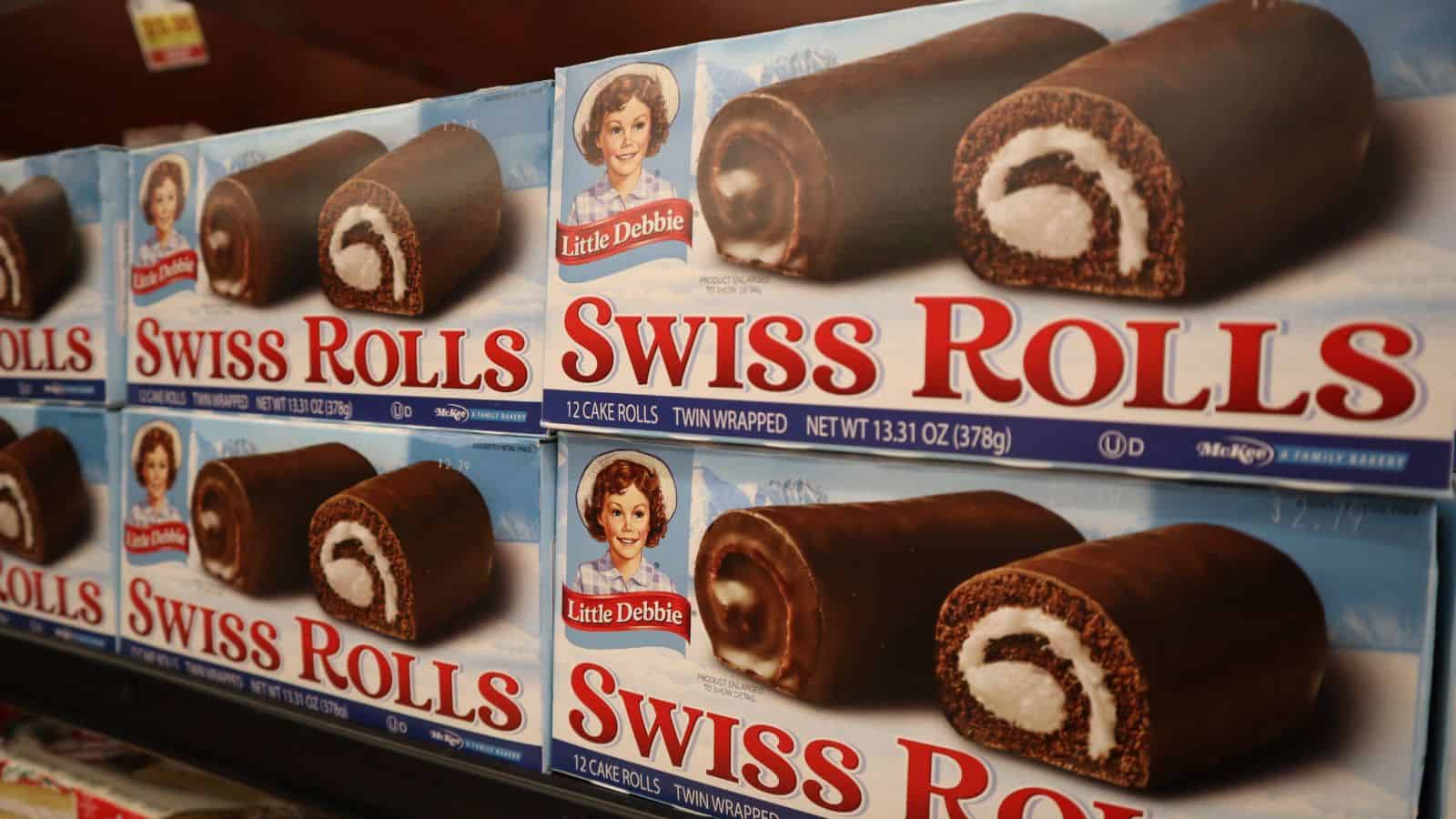
Swiss rolls are popular in many countries, but the sweet satisfaction of American favorite Little Debbie does not reach outside of the US. Despite their innocent appearance, these treats contain harmful food dyes Red 40, Yellow 5, and Blue 1, color additives that are outlawed in many countries.
Twizzlers
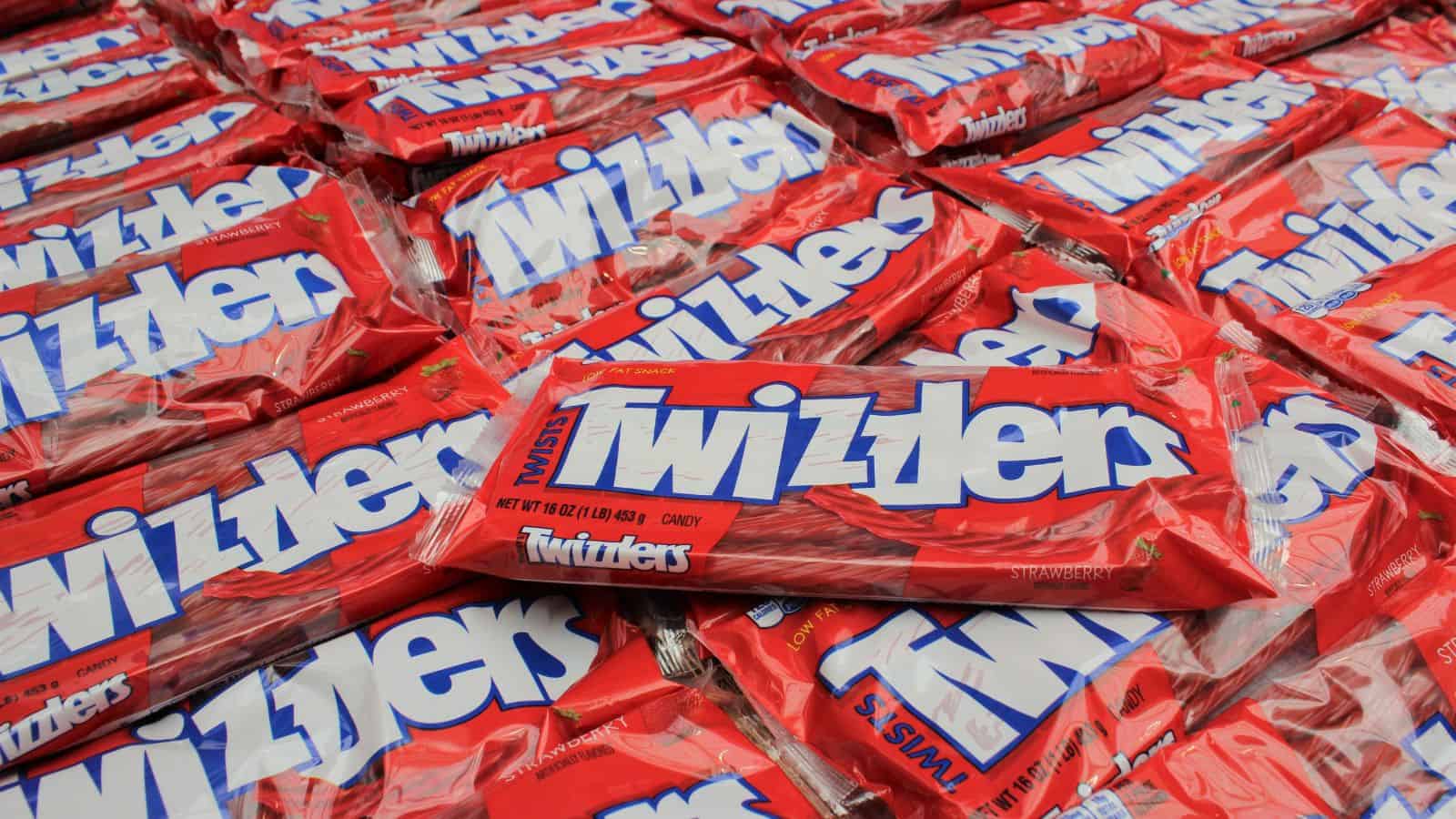
Twizzlers are commonly found in American candy shops in the UK, yet this is actually illegal due to some unregulated ingredients causing hyperactivity in children. In December 2023, regulators decided to crack down on situations like this, with many products sold in American candy stores failing to meet UK food standards.
Twinkies
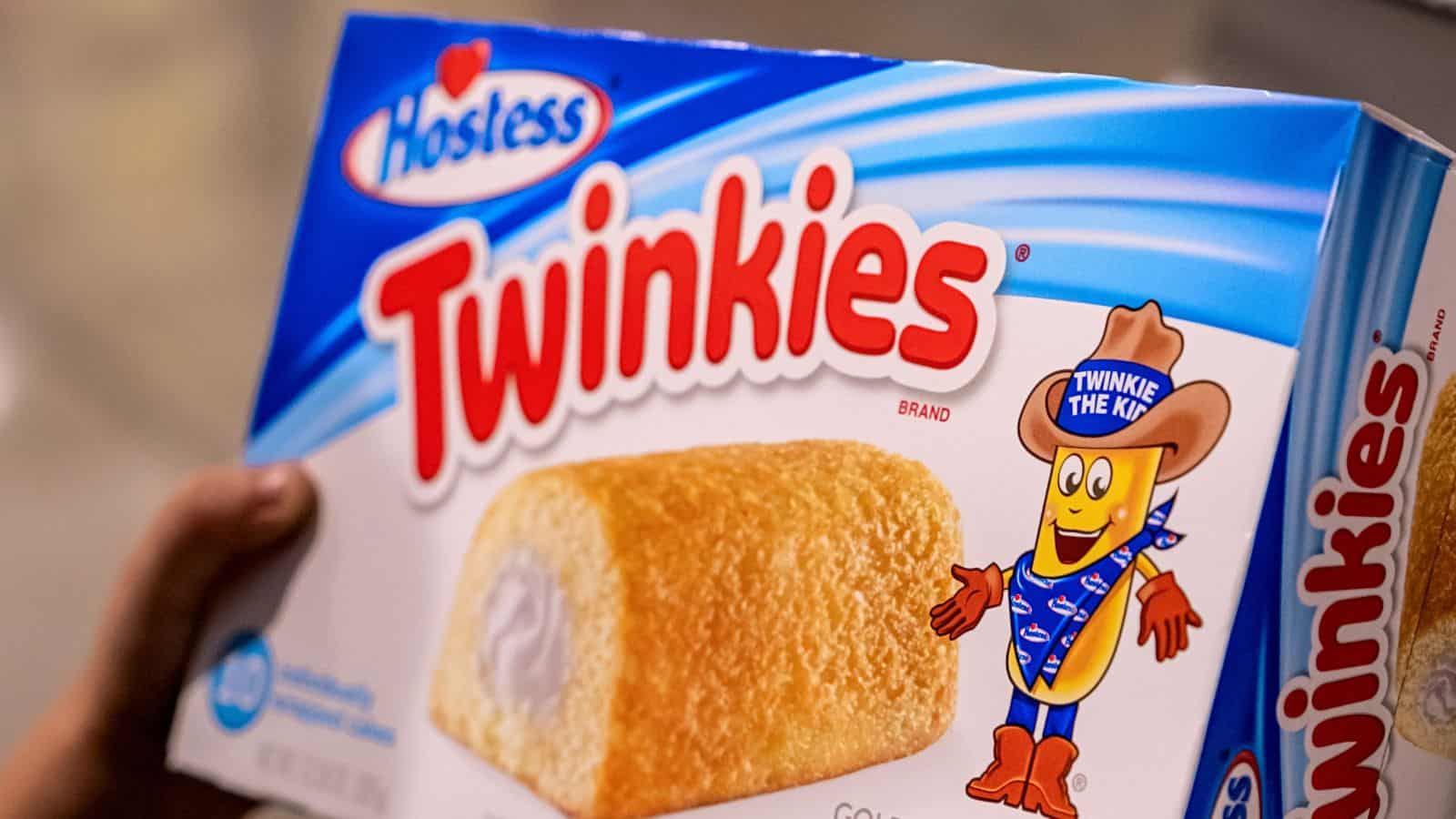
You’re unlikely to find Twinkies outside the US unless you visit an American food shop because they’re banned in many countries because they contain Yellow 5 dye. WebMD explains that Yellow 5 has a history of health concerns, so most countries have banned or restricted its usage.
Skittles
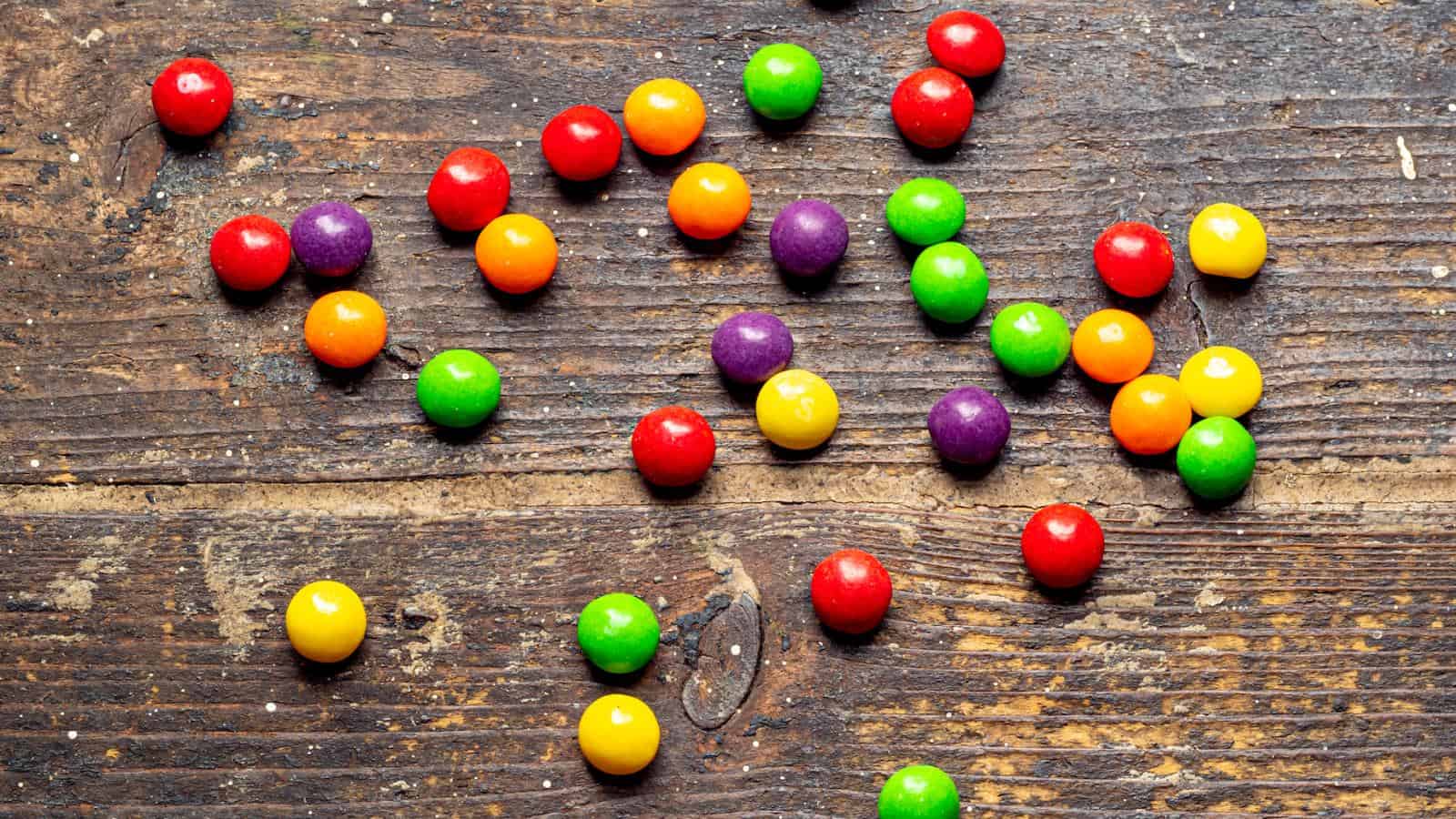
Although Skittles can be purchased in most countries across the world, American Skittles are different, as they contain Yellow 5, Yellow 6, and titanium dioxide. Most other countries prohibit titanium dioxide, so Skittles recipes across the globe do not contain these additives.
Mountain Dew
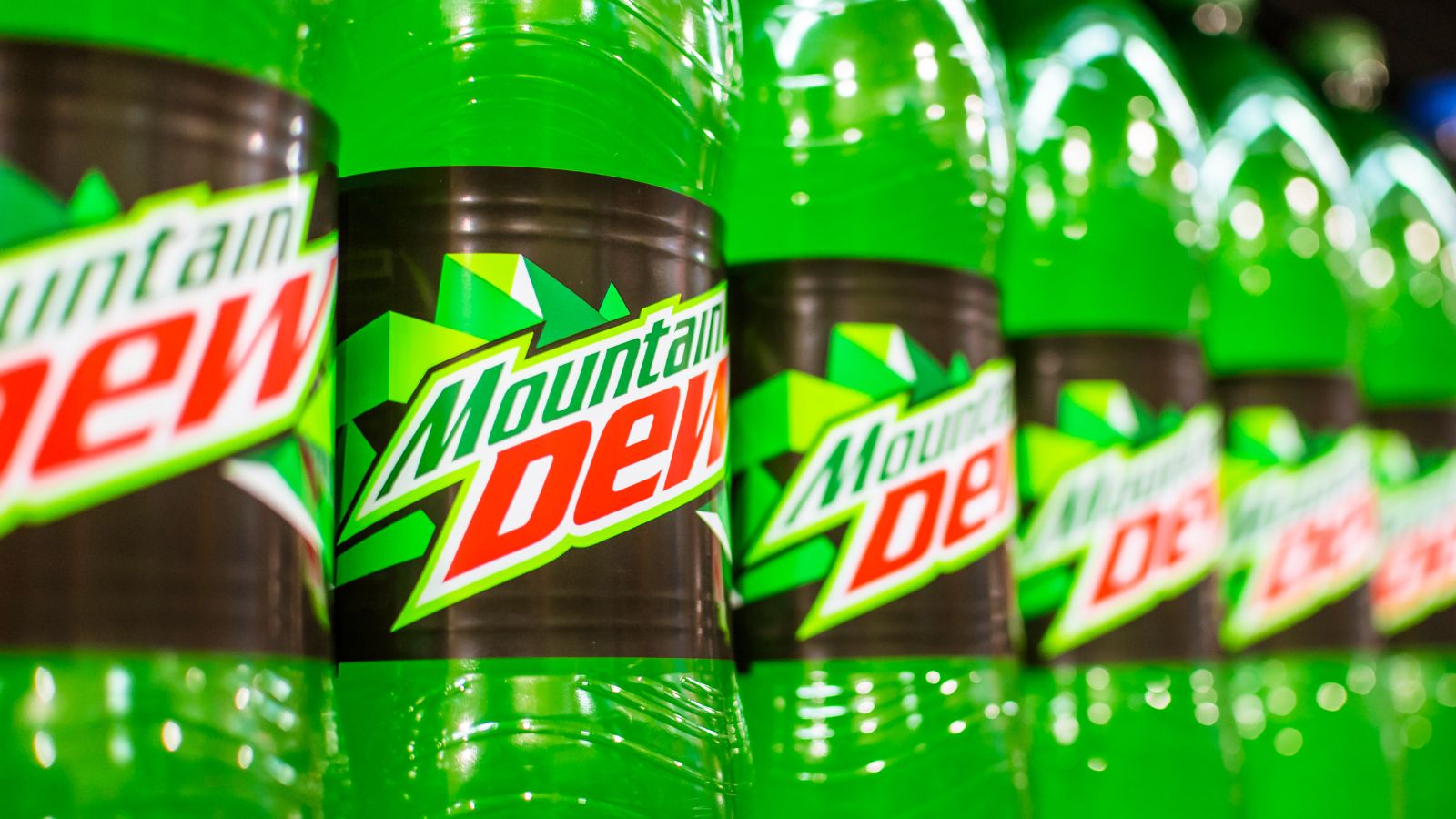
One of the most popular sodas in the US, American Mountain Dew is rarely sold outside of the country, as it contains Yellow 5 dye, high fructose corn syrup, and huge amounts of caffeine. Mountain Dew can still be bought in many countries, but the ingredients are far less concerning.
Sunny D
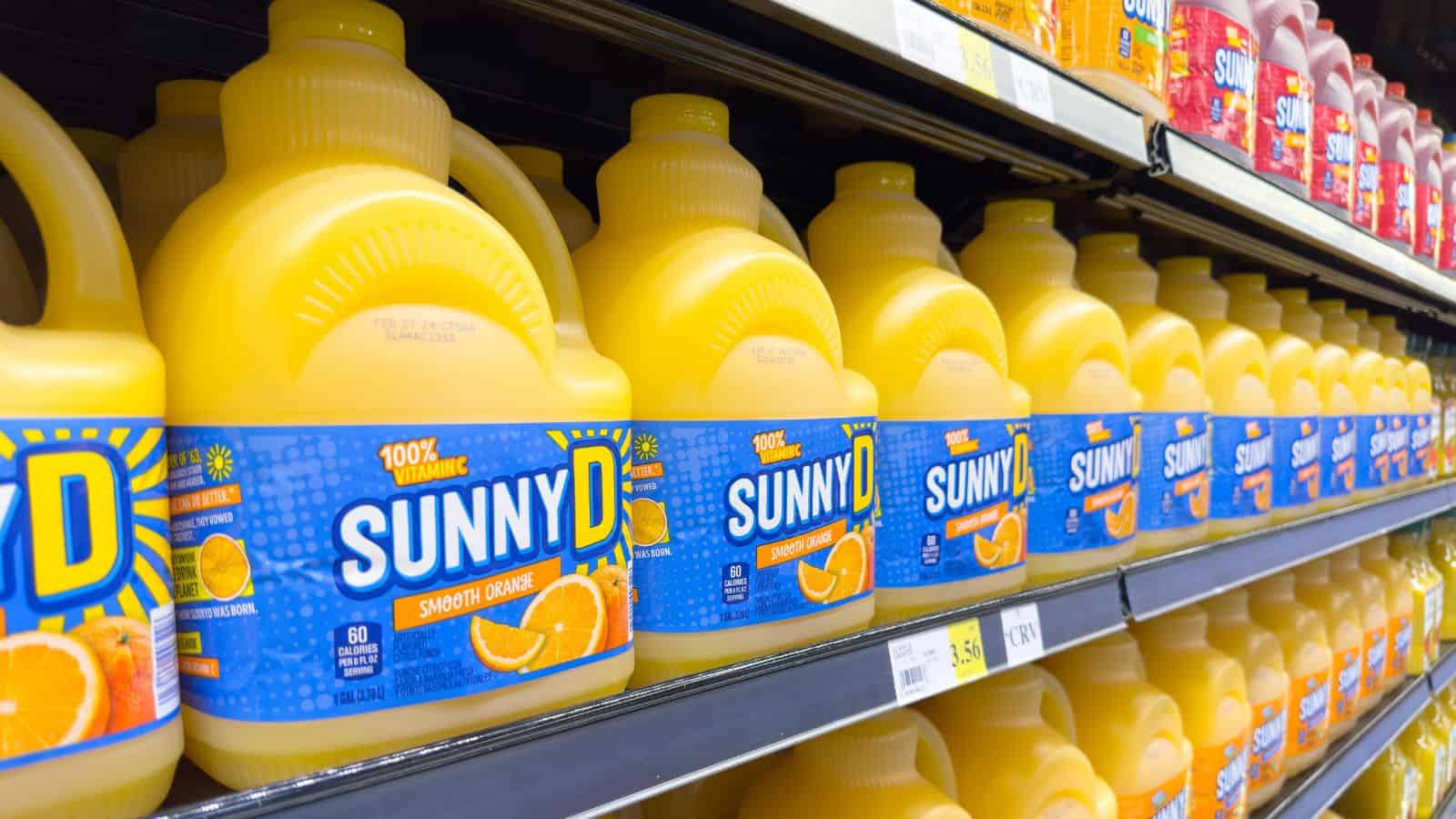
Sunny D is another beverage with a different recipe outside of the US. Following rumors of Sunny D turning skin orange, bottles were pulled from the shelves in many countries, and the recipe was redesigned. Despite this, the current US recipe still contains high fructose corn syrup, Yellow 5, and Yellow 6.
Gatorade
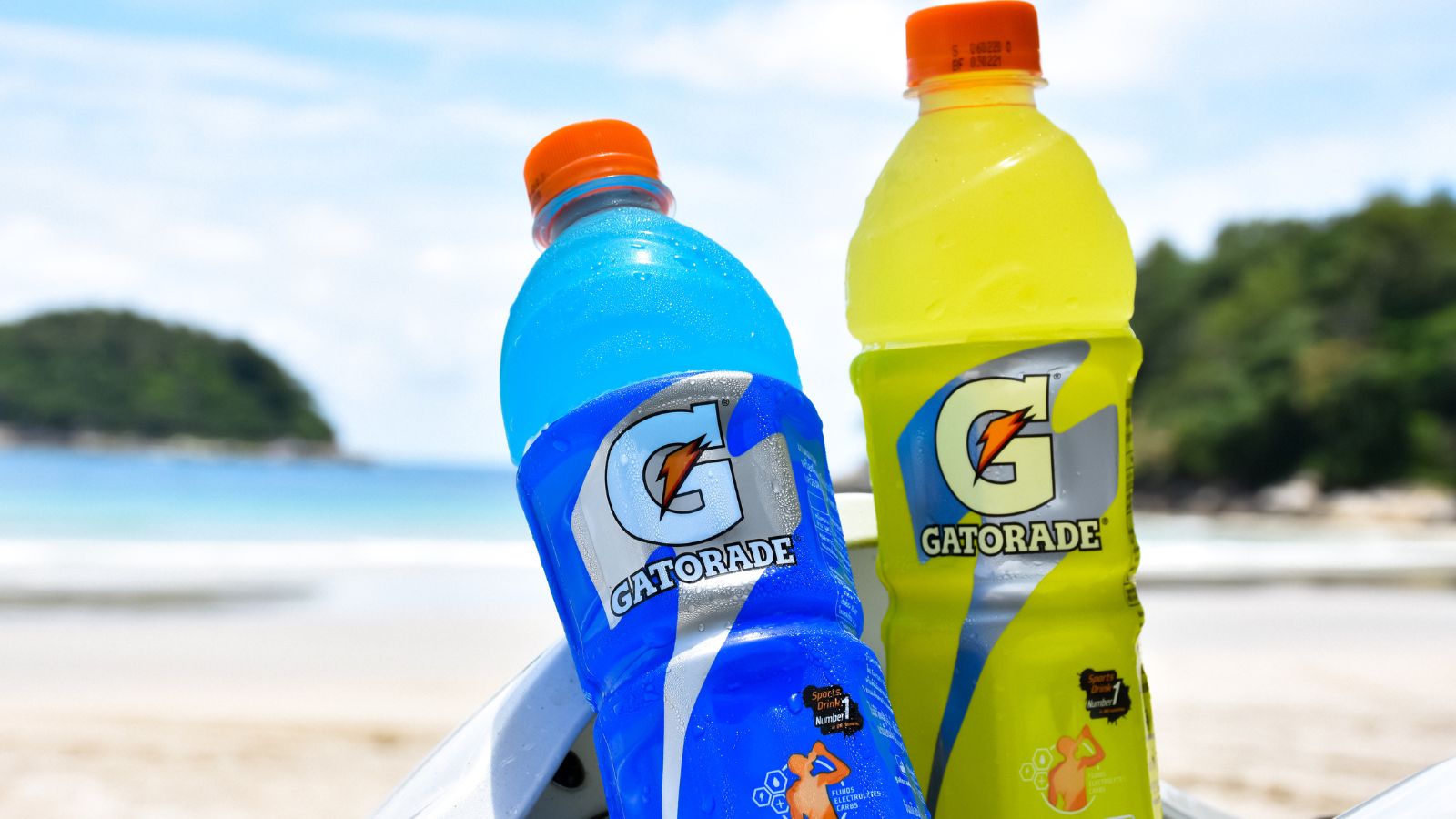
Gatorade is another product with a different recipe outside of the US. American Gatorade was banned in many countries in 2012 because of its BVO content. Although Gatorade has tweaked the recipe to remove BVO, Forbes notes that the drink is still restricted in many countries due to its artificial dye.
Froot Loops
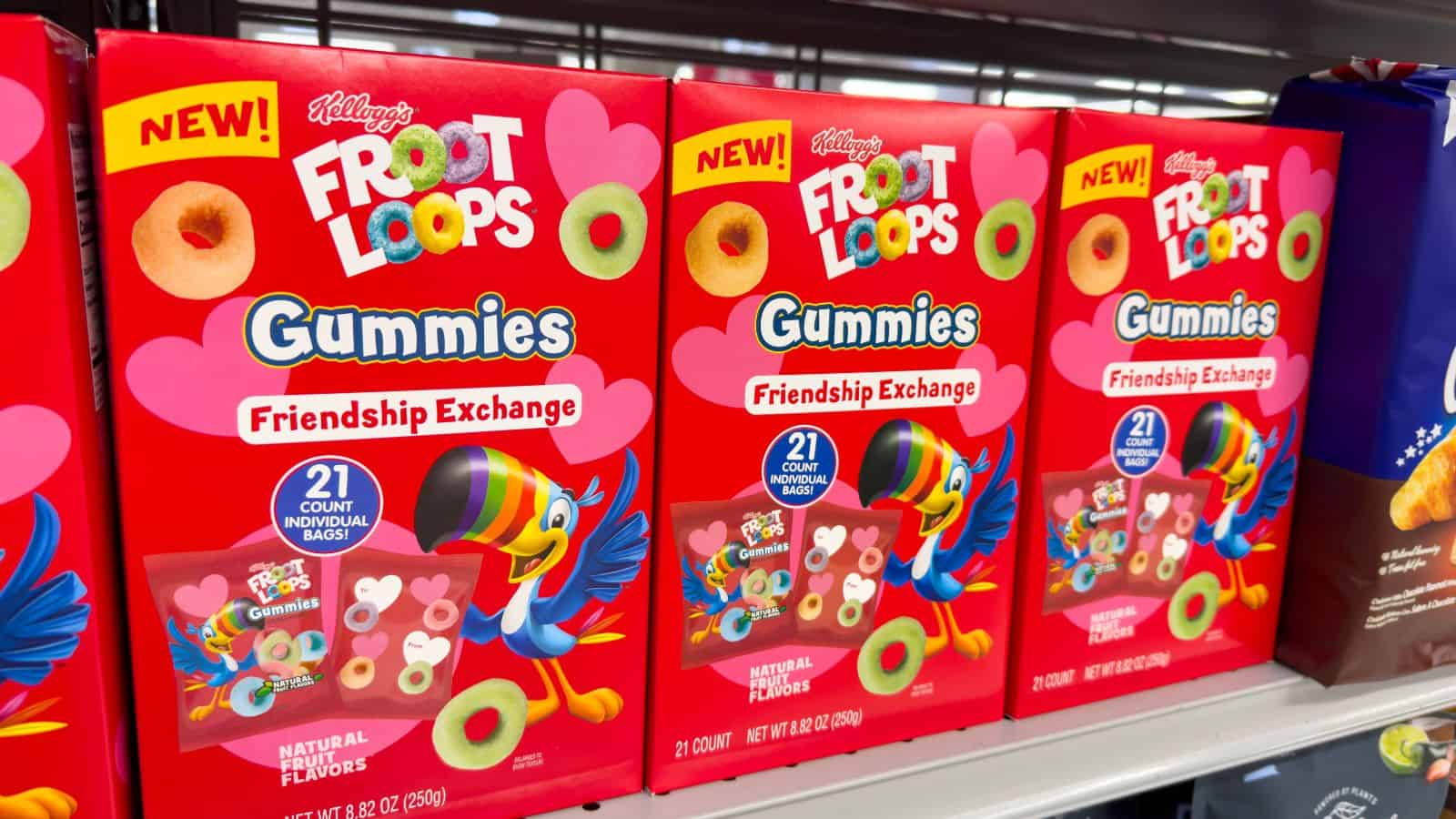
One of America’s most popular cereals, Froot Loops, is banned in many countries, particularly within the EU, as it contains Yellow 5, Blue 1, and Red 40 colorings. However, the UK and Australia still sell Froot Loops with recipes that do not contain such vibrant and harmful dyes.
Frosted Flakes
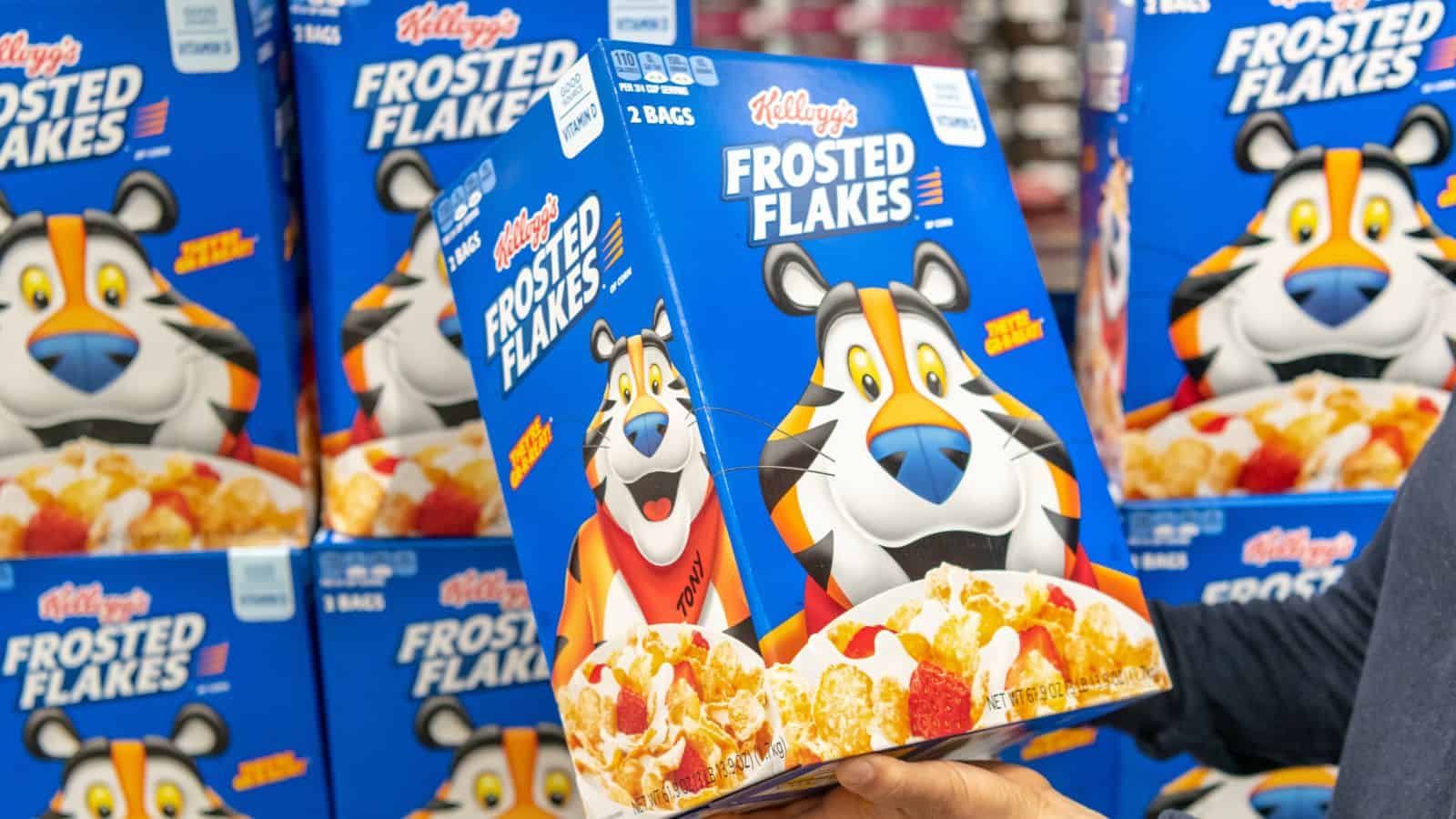
Cereals similar to Frosted Flakes are popular worldwide but won’t contain BHT, as the American version does. Due to being a possible carcinogen, products with BHT are not legally sold in Europe, so the European market instead enjoys Frosties, a similar product with less harmful preservatives.
Maraschino Cherries
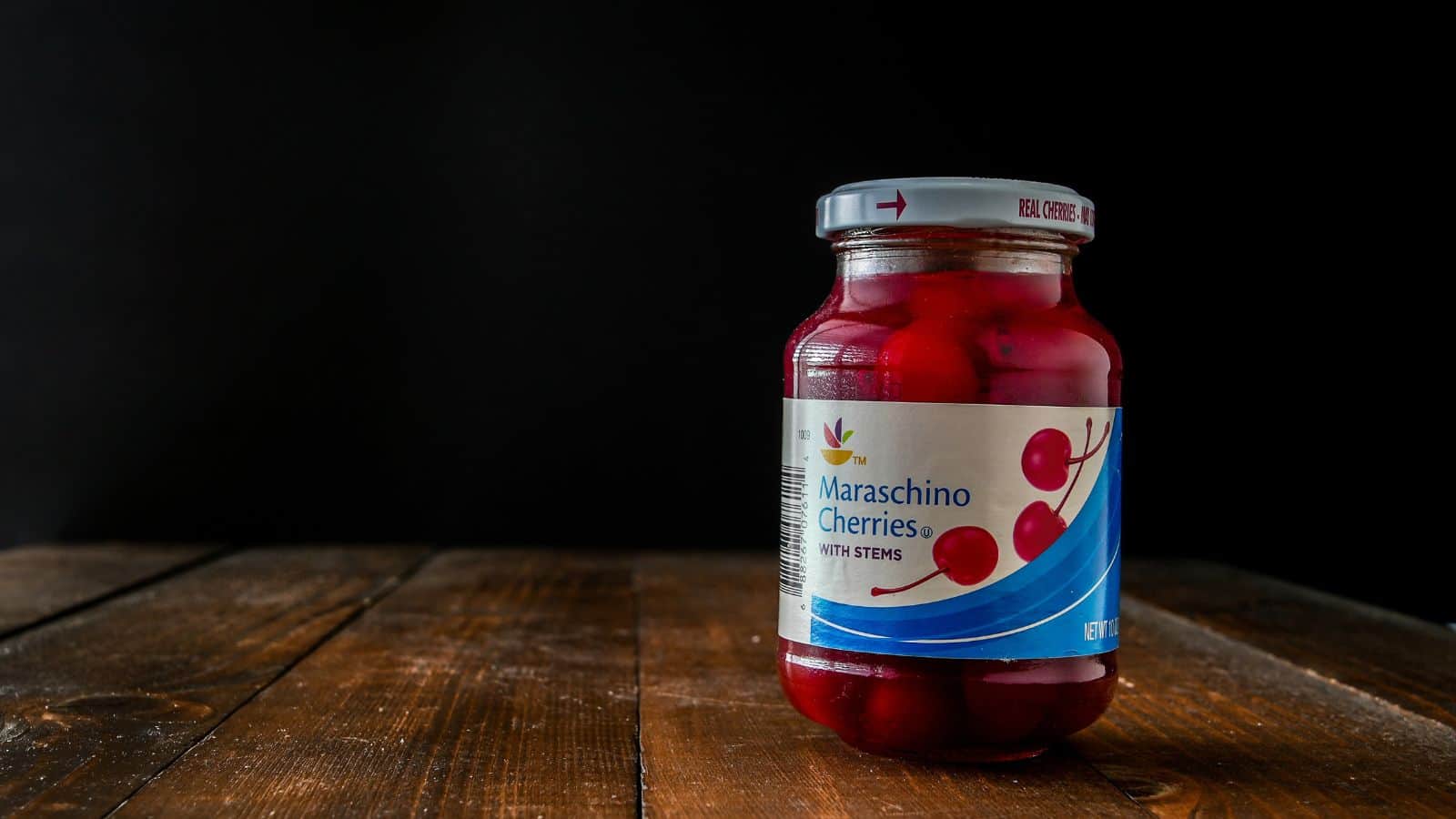
Red 40 dye appears on this list again, this time in maraschino cherries, which are banned in most European countries. Prominent in many US snacks, Red 40 is a carcinogen linked to allergies, migraines, mental conditions, and even cancer, and it’s all just for a more vibrant color!
Coffee-Mate
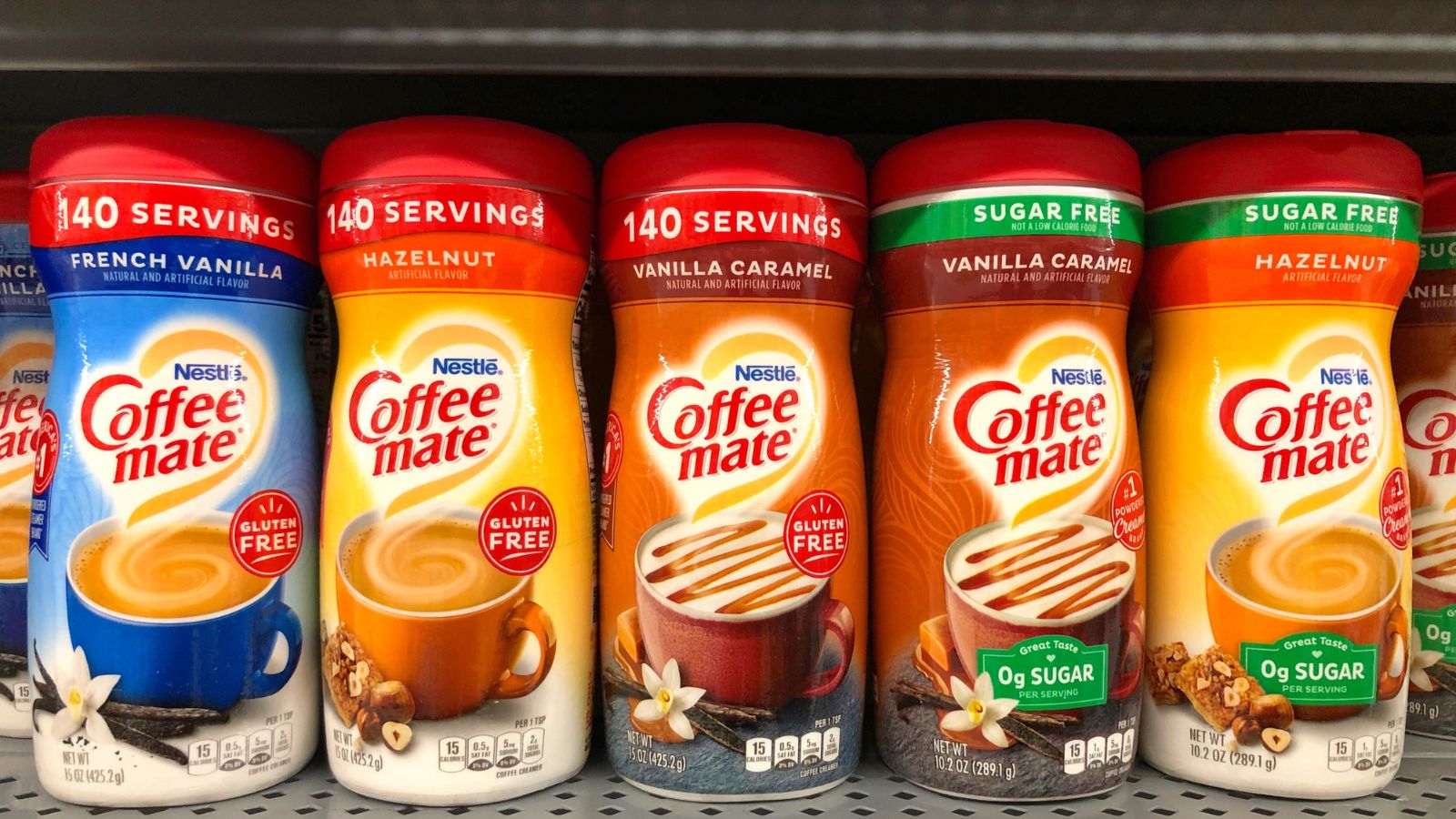
Banned in Iceland, Denmark, and Switzerland, among other countries, America’s favorite coffee creamer, Coffee-Mate, contains trans fats linked to heart disease. The recipe includes cottonseed oils and partially hydrogenated soybeans, and some European countries do not allow these ingredients in their products.
Stove Top Stuffing
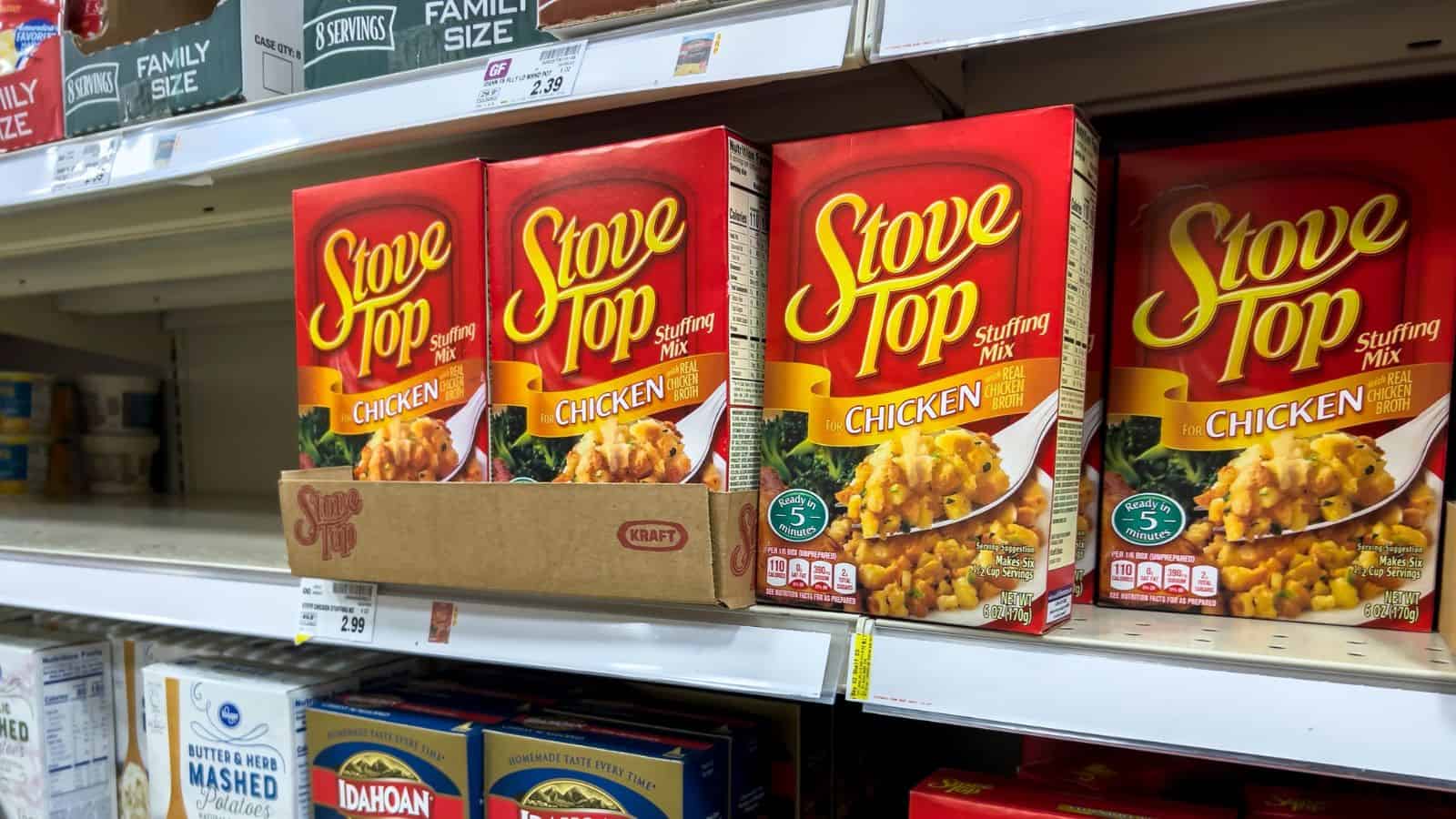
A popular side for Thanksgiving and Christmas dinners, Stove Top Stuffing is banned in most countries. Shockingly, the BHA content of this packaged food prohibits it from the UK, the EU, and even Japan. The FDA states that BHA is primarily used in cosmetics, yet it has trickled into many US foods.
US Corn
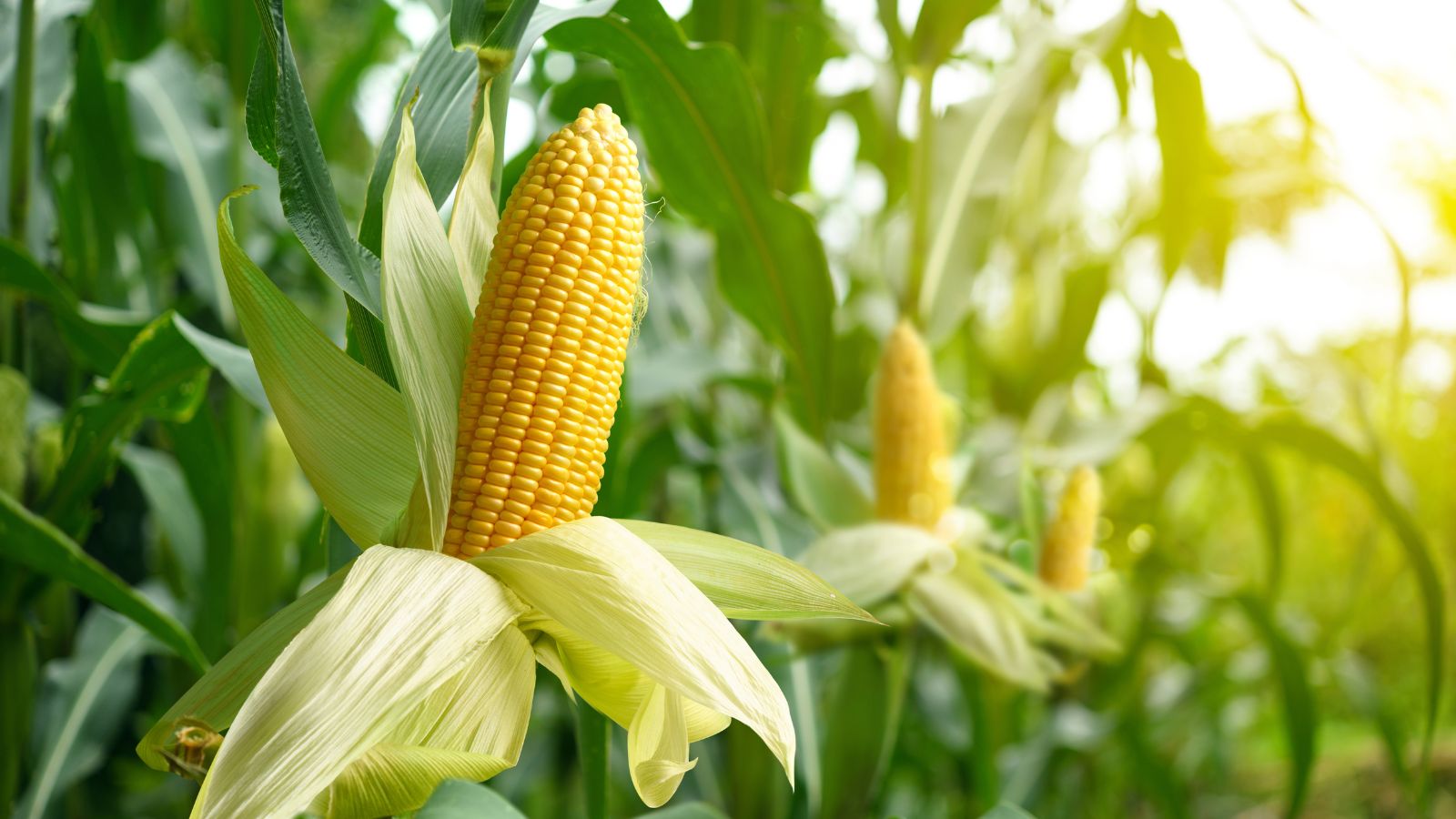
Corn grown in the US is typically sprayed with a chemical called atrazine. This chemical is banned in 44 countries as it is linked to birth defects, yet the US claims that this chemical is safe for consumption. Despite this, most countries take a cautionary route and import corn from elsewhere.
US Milk Products
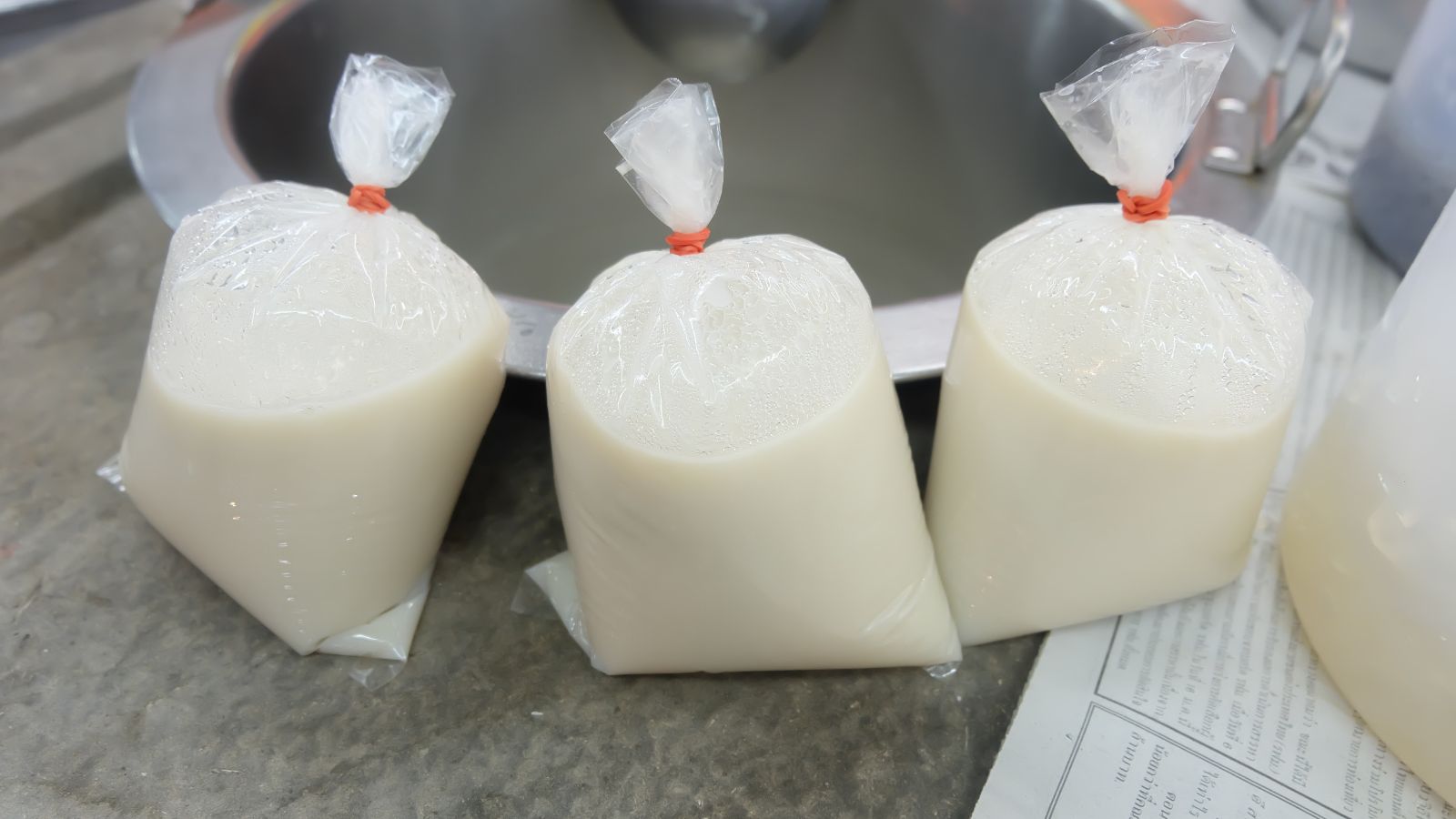
Milk, cheese, yogurt, and other US dairy products do not reach Canada, New Zealand, Australia, the EU, the UK, and Japan. Most dairy cows in the US are fed a growth hormone called rBST to promote milk production, and perhaps unsurprisingly, this man-made hormone is banned in many countries.
US Chicken
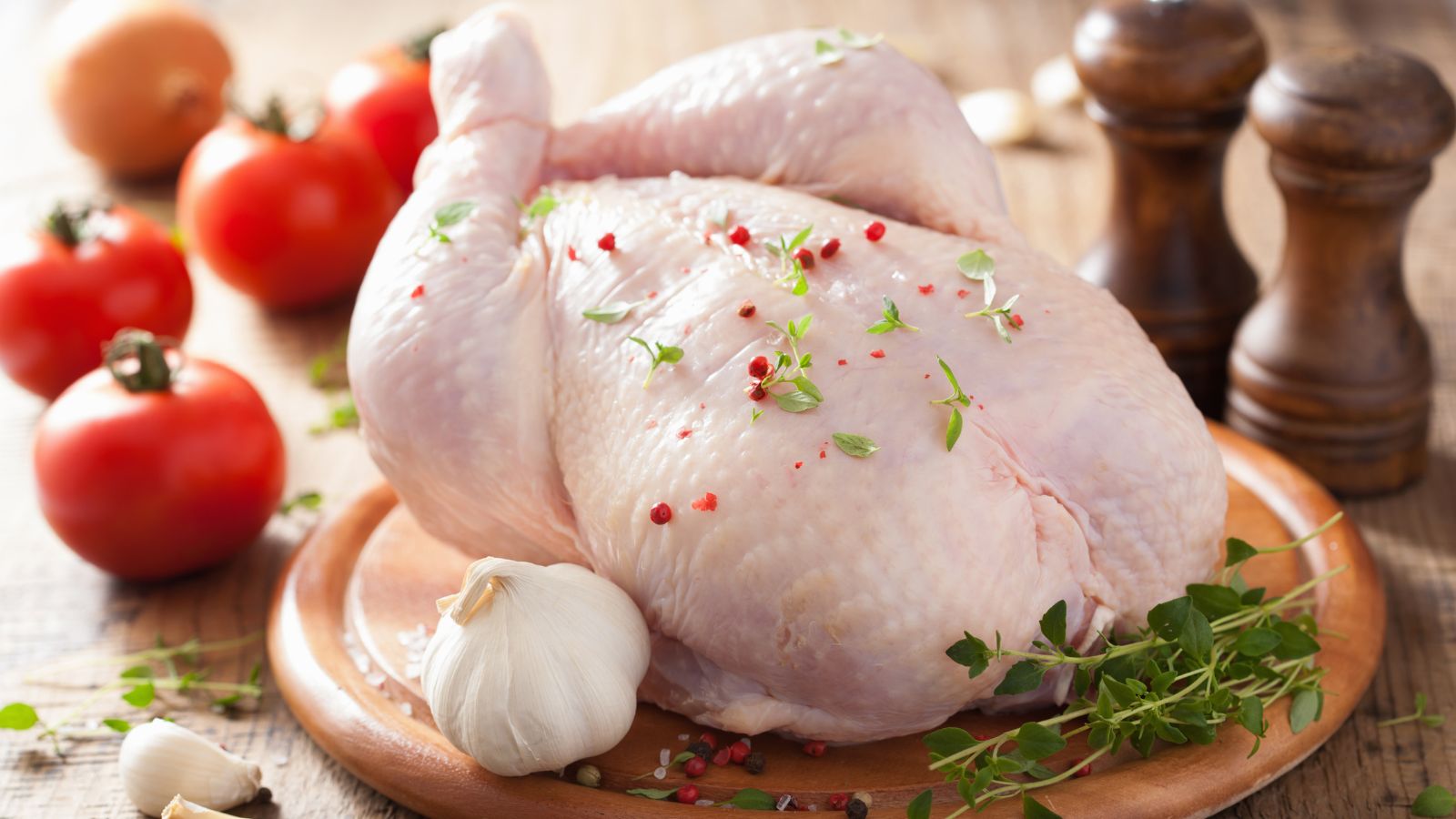
It may surprise you to learn that US chicken is often washed with chlorine. US processors do this to protect consumers from food-borne diseases, but the chlorine content is said to allow for poor hygiene at other points in the process, leading to more risk than the chemical itself.
US Pork
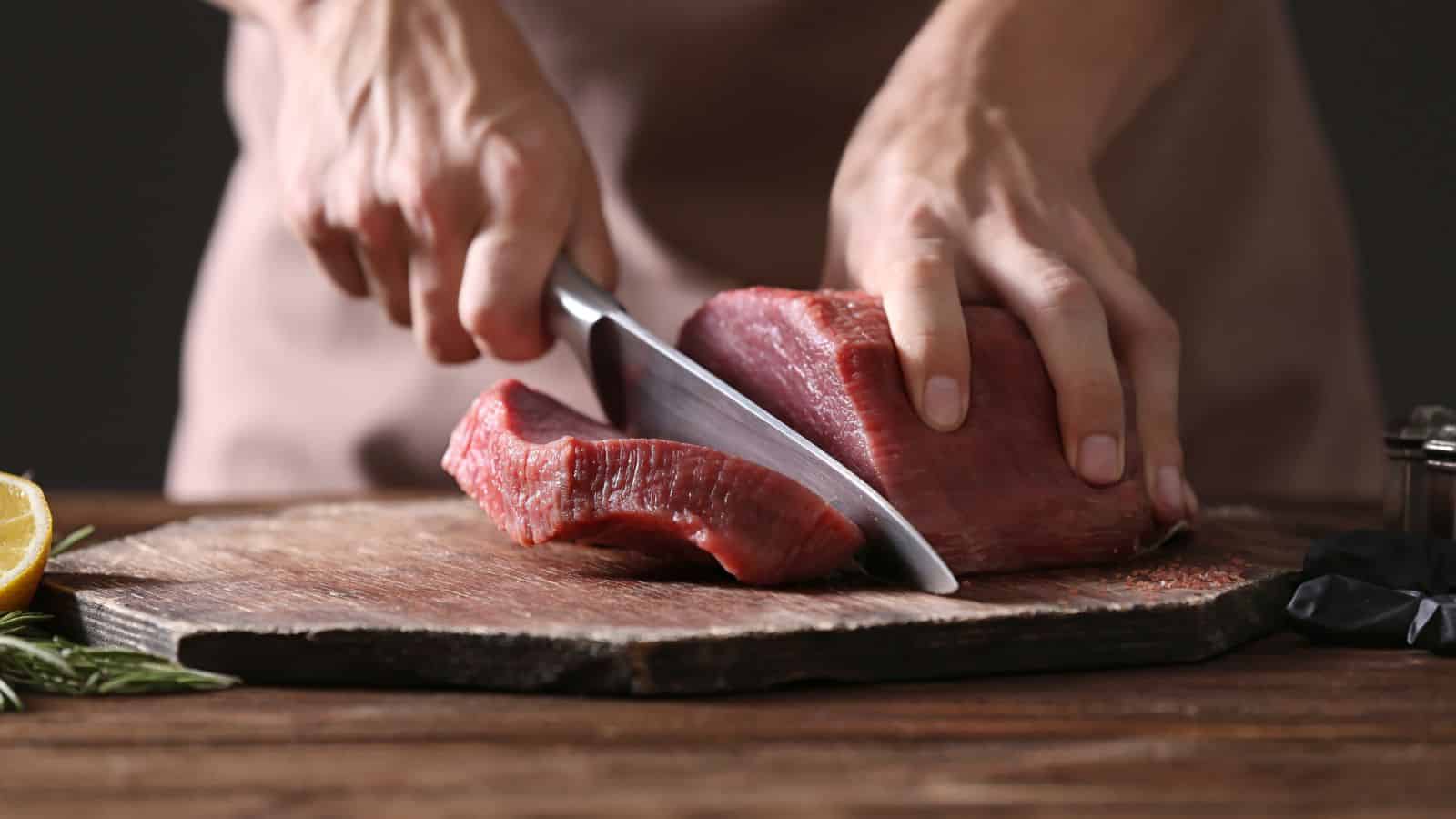
The US has a low export rate for pork because it is banned in many countries. A staggering 160 nations have banned US pork, as it contains a food additive called ractopamine. This fear arose from a study that the European Food Safety Authority conducted, finding that ractopamine is connected to major health issues.
US Ground Beef
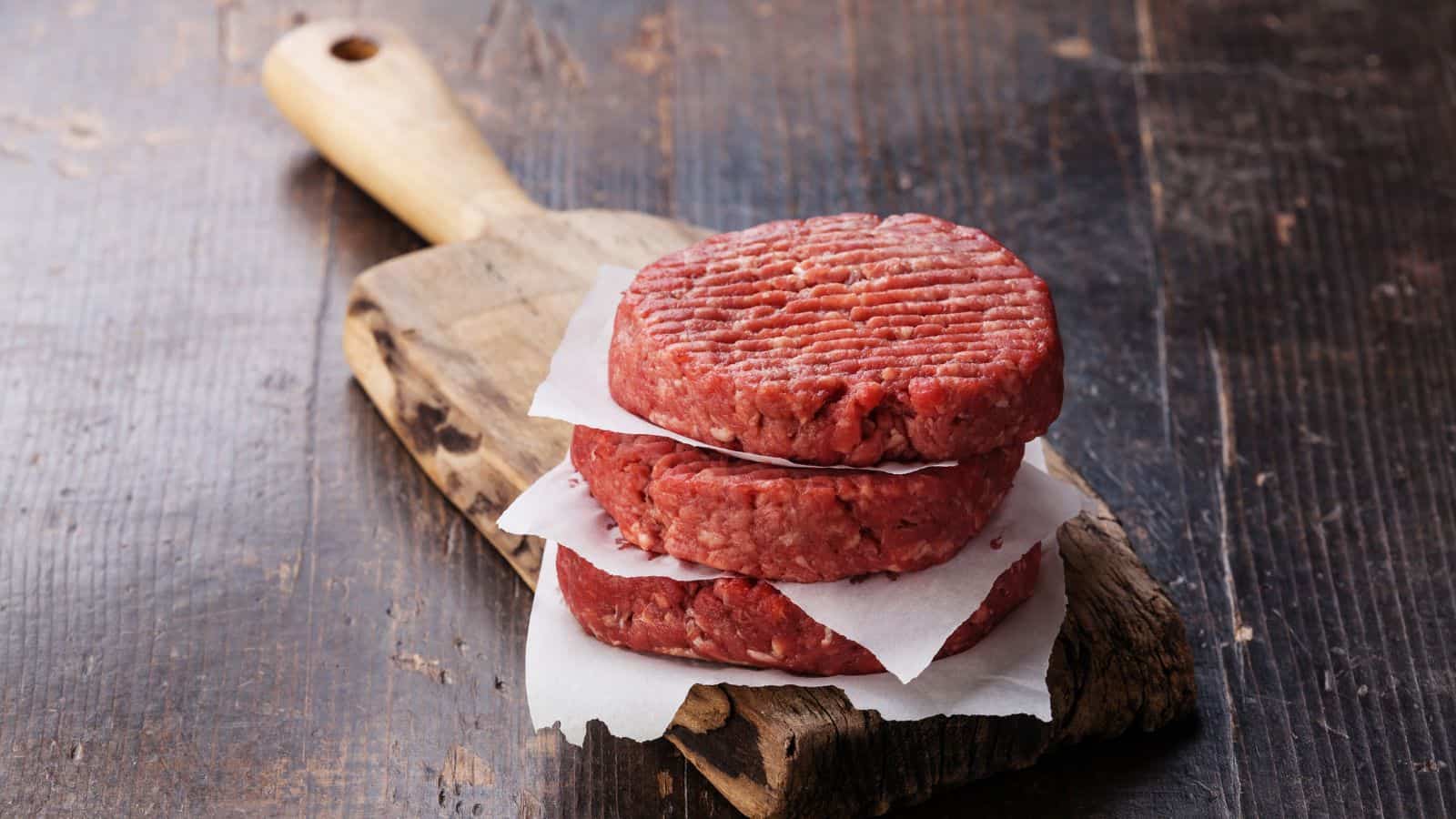
Ground beef is another meat that the US has difficulty exporting. Pre-packaged ground beef contains pink slime, a by-product of the ammonia gas used in meat manufacturing. Food prepared with ammonia gas is banned in Canada and across Europe, meaning US ground beef cannot be sold to these countries.
Farm-raised salmon
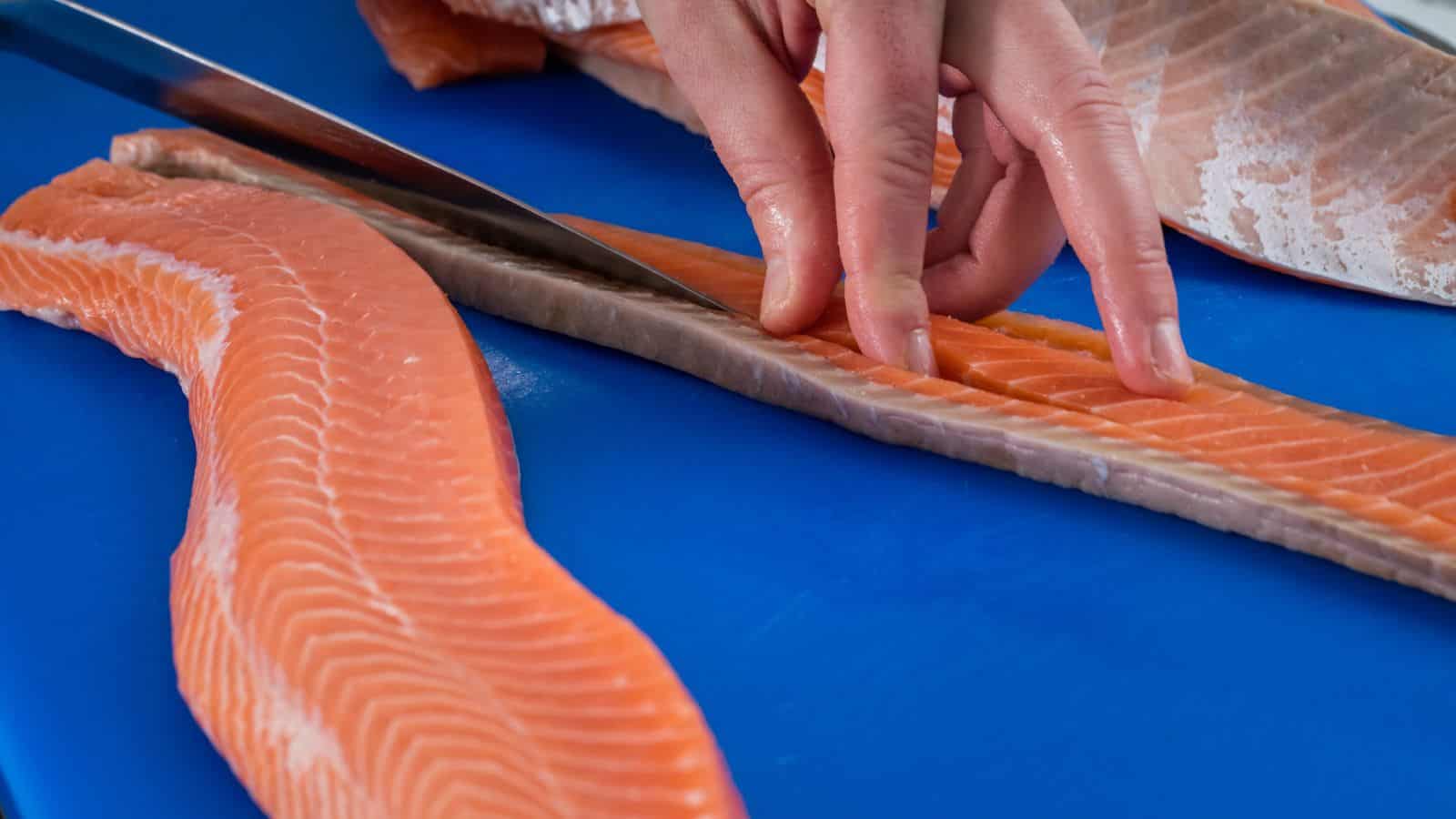
You probably weren’t expecting to see salmon on this list! The vibrant pink color of US farm-raised salmon results from a chemical called astaxanthin. To date, not enough studies have been conducted to identify if astaxanthin is safe for consumption, but Australia and New Zealand have taken a cautionary approach, banning it outright.
Up Next: 18 U.S. Cities Americans Say Are the Best to Live In

18 U.S. CITIES AMERICANS SAY ARE THE BEST TO LIVE IN
17 Household Items That Are a Waste of Money

17 HOUSEHOLD ITEMS THAT ARE A WASTE OF MONEY
17 Adult Traits of People Who Were Bullied as Kids

